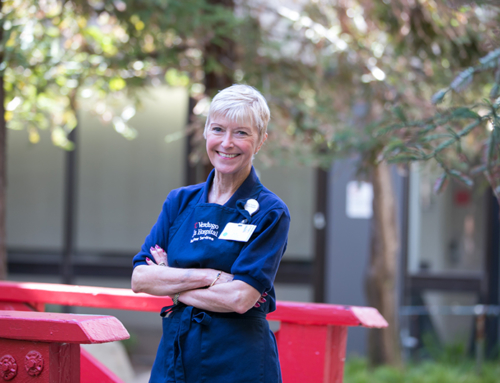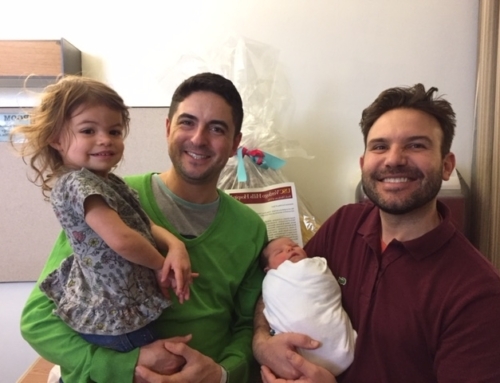You may feel helpless when someone has a seizure, but remember to stay calm and be present. Your actions could save a life.
Seizures are more common than you think; 1 in 10 people will experience one, and they are usually associated with epilepsy. While medication can often control them, seizures are still unpredictable. If a person begins to have convulsions, loses muscle control, or suddenly seems unaware of the surroundings, they could be having a seizure.
The most important thing to remember in this situation is to keep your composure. Staying in control with a clear head lowers the tension and narrows the focus on the person who needs help.
Know the warning signs.
There are common signs that someone is having a seizure, but the tricky part is figuring out if they signal the beginning, middle, or the end of the episode. Take note if the person exhibits any of the following:
- Memory lapses or daydreaming
- Jerky movements in a limb or the entire body
- Falling for no reason
- Confusion
- Odd sensations, numbness, or experiences that they describe as unusual or feeling detached from reality
- Headaches
Respond with care and comfort.
Guide the person to the floor and if possible, turn them to one side to ease breathing. Loosen their collar and straighten their neck so that the person can breathe freely without obstruction. If you can, roll up a jacket or something soft to place underneath the person’s head. Make them as comfortable as possible. Do a quick check for medical information that could be found on a bracelet or phone.
Do not put anything in the person’s mouth.
Contrary to the old wives’ tale, never place a spoon or any other object into the mouth of someone having a seizure. Don’t do CPR unless you are sure the person has stopped breathing. Do not try to give the person a drink.
Time the seizure.
It may seem like forever, but most seizures last between 60 to 90 seconds. If a seizure persists for three minutes or longer, call 911. This is especially important if you learn that the person is pregnant, has diabetes, heart disease, or has never had a seizure before. Also get help if another seizure starts soon after the first.
Stay with the person until they stabilize and the seizure ends.
A seizure might leave the person disoriented and not fully alert. If needed, call a family member or stay with the person until they are fully cognizant and can walk and move around normally.
The epileptologists at Keck Medicine of USC are pioneers in procedures that decrease the frequency of epileptic seizures.
If you are in the Glendale, La Cañada Flintridge or the surrounding Foothill communities, and you are looking for exceptional care from a community hospital that cares, schedule your appointment by calling (818) 790-7100.
By Heidi Tyline King





















